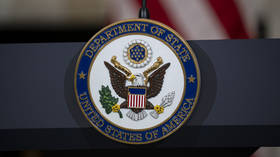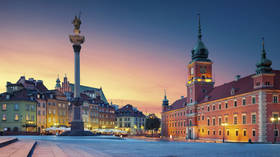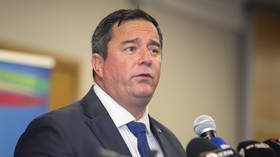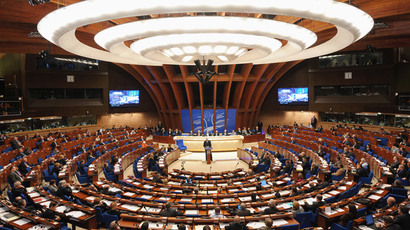Democracy, human rights in Europe at its lowest since Cold War – Council of Europe head
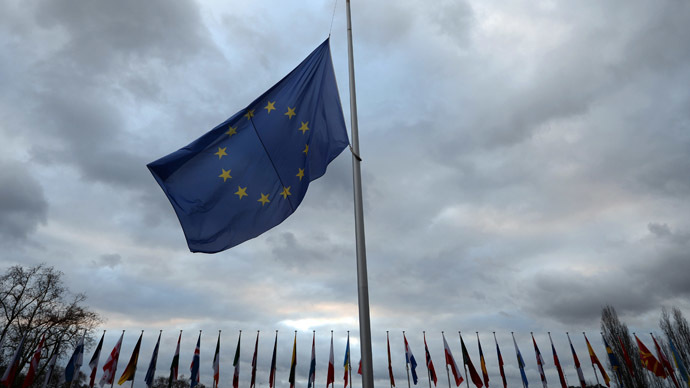
The rule of law in Europe is going through its most severe crisis since the Cold War, a report by the continent’s top human rights and democracy watchdog warns.
Most of the European countries are facing “very worrying”
challenges to human rights, democracies and the rule of law,
Thorbjorn Jagland, Secretary-General of the Council of Europe,
wrote in the report.
They include discrimination against ethnic and national
minorities (in 39 out of 47 Council member states); prison
overcrowding (30 states); corruption (26 states); ill treatment
by police (23 states); as well as restrictions of free expression
(eight states).
According to the report, deeply embedded judicial corruption has
been identified in “many” European states, with judicial
systems in some of them being “completely corrupt.”
“Senior members of the executive branch in some member states
have publicly criticized court decisions,” the document added.
Jagland also believes that unemployment and poverty in many
countries are pushing the population towards extremism and
confrontation.
These problems paved the way for the current crisis in Ukraine,
which is in a state of turmoil since ousted President Viktor
Yanukovich was ousted in a right-wing coup in February, the
report said.
“In Ukraine, the absence of an independent judiciary and lack
of the checks and balances which a functioning parliament and
free media should provide, allowed endemic corruption and misuse
of power to thrive unchecked. This caused mistrust, social unrest
and ultimately a revolution,” Jagland wrote.
However, the challenges mentioned in the report aren’t entirely
confined to Eastern Europe, but to the Western nations as well,
he said.
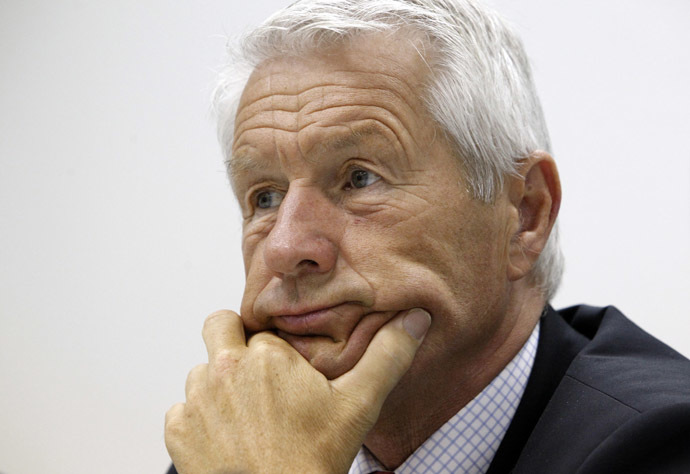
The names of specific governments weren’t mentioned in the
72-page document, released on Wednesday, in order to avoid risk
of a veto from some of the member states, the Guardian newspaper
reports.
But each European country was confidentially notified of the
three main challenges it’s facing in the opinion of the Council.
The head of the Council of Europe sees more effective monitoring
across as one of the ways to improve the state of things on the
continent.
Some standards – such as freedom of expression – aren’t
specifically monitored, while others – like the status of
minorities – are overseen by overlapping bodies, which are too
slow to cope with emergencies, he wrote.
According to Jagland, many countries also refrain from seeking
help from the Council because it may damage their international
reputation.
However, the document stressed that increased monitoring would
require more money, with the burden lying on the shoulders of the
Council of Europe member states.
Jagland also stressed the need for a pan-European security
program, which would defend the rule of law and democracy on the
continent, Itar-Tass reports.
The Council of Europe boss wants to hold a summit in 2015 so that
the heads of the European states would agree a five-year plan.




